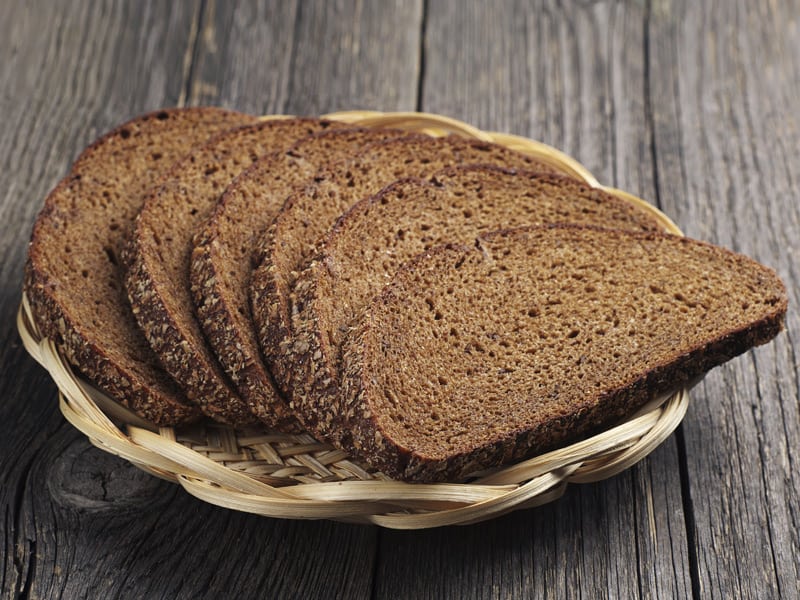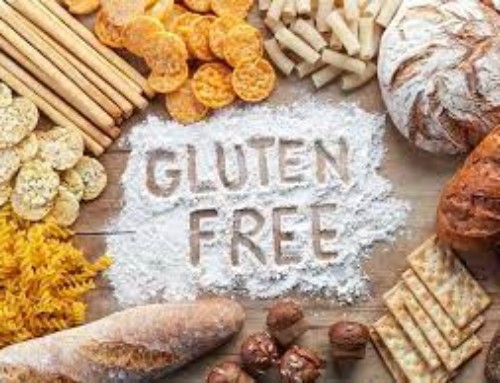Last month I explained how an overgrowth of harmful gut flora can lead to allergies. Healthy gut flora maintains the integrity of the gut wall by protecting and nourishing the intestinal cells. But when pathogenic gut microbes take over, the intestinal barrier degenerates resulting in a “leaky” gut.
The integrity of the gut wall deteriorates because, if left unchecked, harmful intestinal microbes attack the intestinal barrier. In a recent article for the Weston A. Price Foundation, Dr. Campbell-McBride wrote that, “Microbiologists have observed how common opportunistic gut bacteria from the Spirochaetaceae and Spirillaceae families have an ability to push apart intestinal cells with their spiral shape, breaking down the integrity of the intestinal wall and allowing substances to pass through which normally should not get through.” Candida albicans, many worms and parasites can cause damage to the gut in the same way.
Depending on the extent of the damage to the intestinal lining, incompletely digested food particles, disease-causing bacteria, and potentially toxic molecules “leak” out of the intestine into the bloodstream, whereby they travel throughout the body. The body treats “leaked” undigested food particles as if they were a foreign invader and makes antibodies against them. This is how food allergies can develop. A vicious cycle then ensues. The next time you eat the particular “offending” food your immune system is triggered, and so on. This creates further irritation and inflammation in the body. People with leaky gut syndrome often develop sensitivities to more and more foods and “normal” things found in the environment such a trees and animals. In addition, when “leaked” bacteria travel throughout the body via the bloodstream, pathogenic intestinal bacteria may colonize in other parts of the body causing joint pain and autoimmunity conditions.
According to research noted in the book Hidden Food Allergies: The Essential Guide to Uncovering Hidden Food Allergies-and Achieving Permanent Relief, people with food allergies tend to have leaky gut barriers. The biggest difference between a food-allergic person and non-allergic person appears to be the amount of partially digested food that reaches their bloodstream and how efficiently their immune system clears the allergens from circulation.
Next month I’ll explain the best way to nourish your beneficial gut flora to prevent or reverse food allergies. Until then, make every bite count!








I signed up for your newsletter and I’m wondering about histamine intolerances with digestive allergies. We have allergies but I don’t know how to tell if we have the issue with histamine or possibly the “leaky-gut”. It is very confusing.
Hi Dawn,
If you have allergies and a histamine intolerance, you likely have leaky gut. I would try removing high-histamine foods to see if that helps. Pre and probiotics are very important, as are healing foods like meat stock and bone broth. Foods for improving gut health is what I plan to talk about next month!
Interesting article!
Nicole
I love your blogs – so informative and easy to understand! Thanks for caring so much for your friends, neighbors and clients! Anyone who taps into you for nutritional counseling is truly blessed with a kind, caring, and knowledgeable professional!
Janice, Thank you for the kind words!
I signed up for your newsletter, Diana. Thanks!!
Can this happen in children? Or more common after prolonged bad habits?? How long before an allergy can develop? Fascinating!!!!
Thanks for this information Diana. I look forward to receiving your newsletters in the future!
I signed up for your contest. Thought of you today as I bikes to and from work! See you this weekend at soccer.
Hey Diana, I’m entered! Happy May to you and hope you have a fantastic Mother’s Day!!
:)Peggy
You, too!
Thanks for helping to make sense of information that can feel confusing.